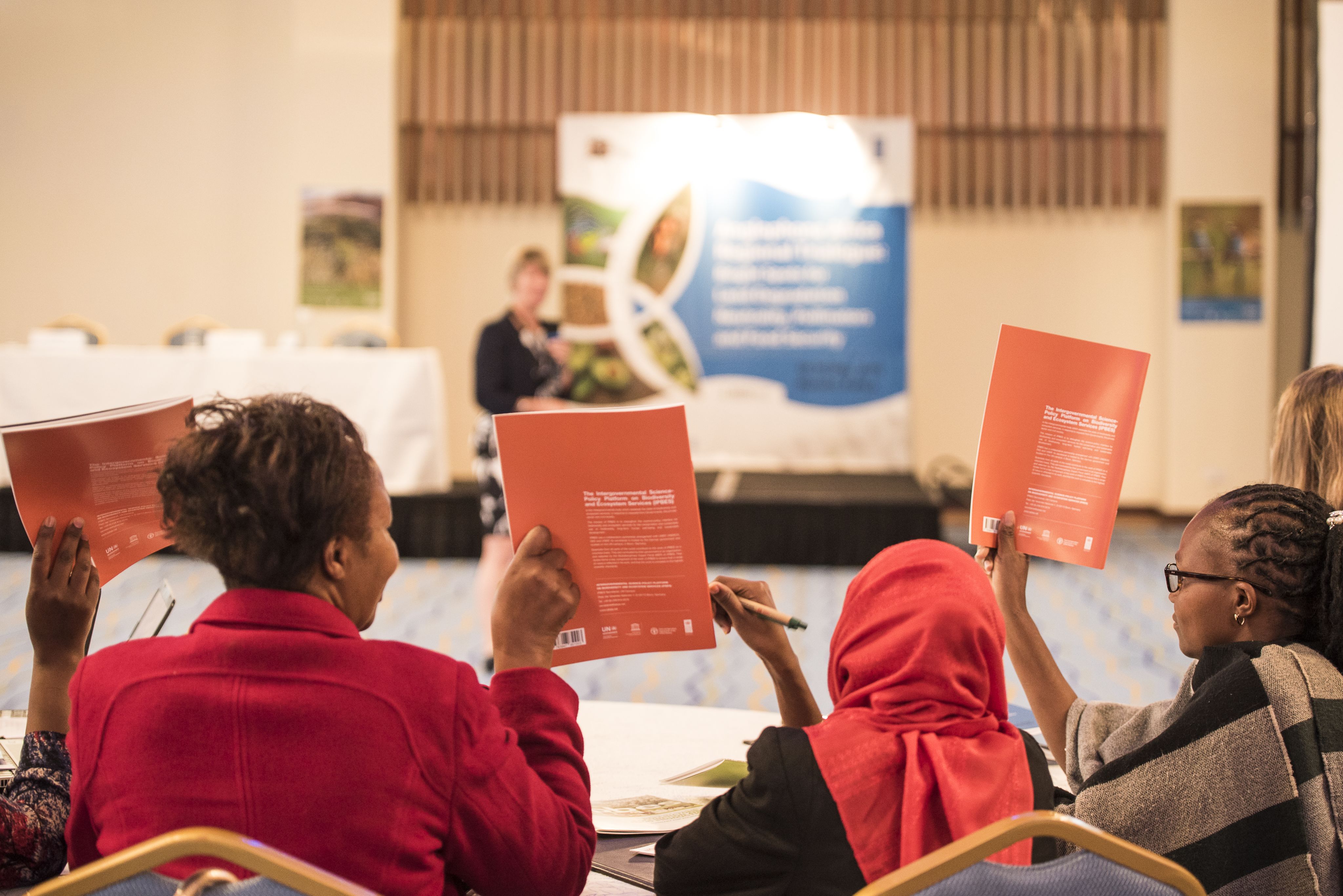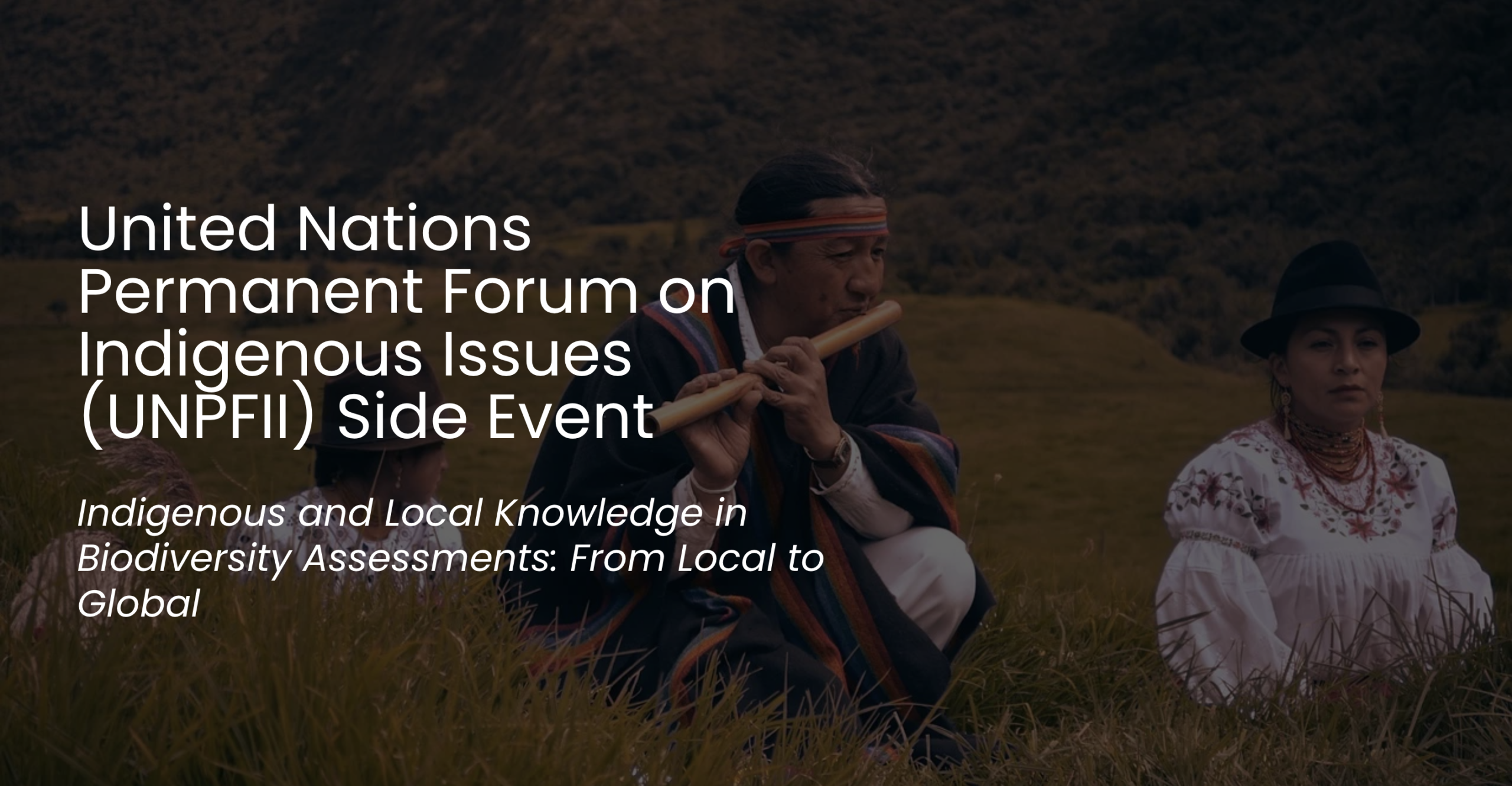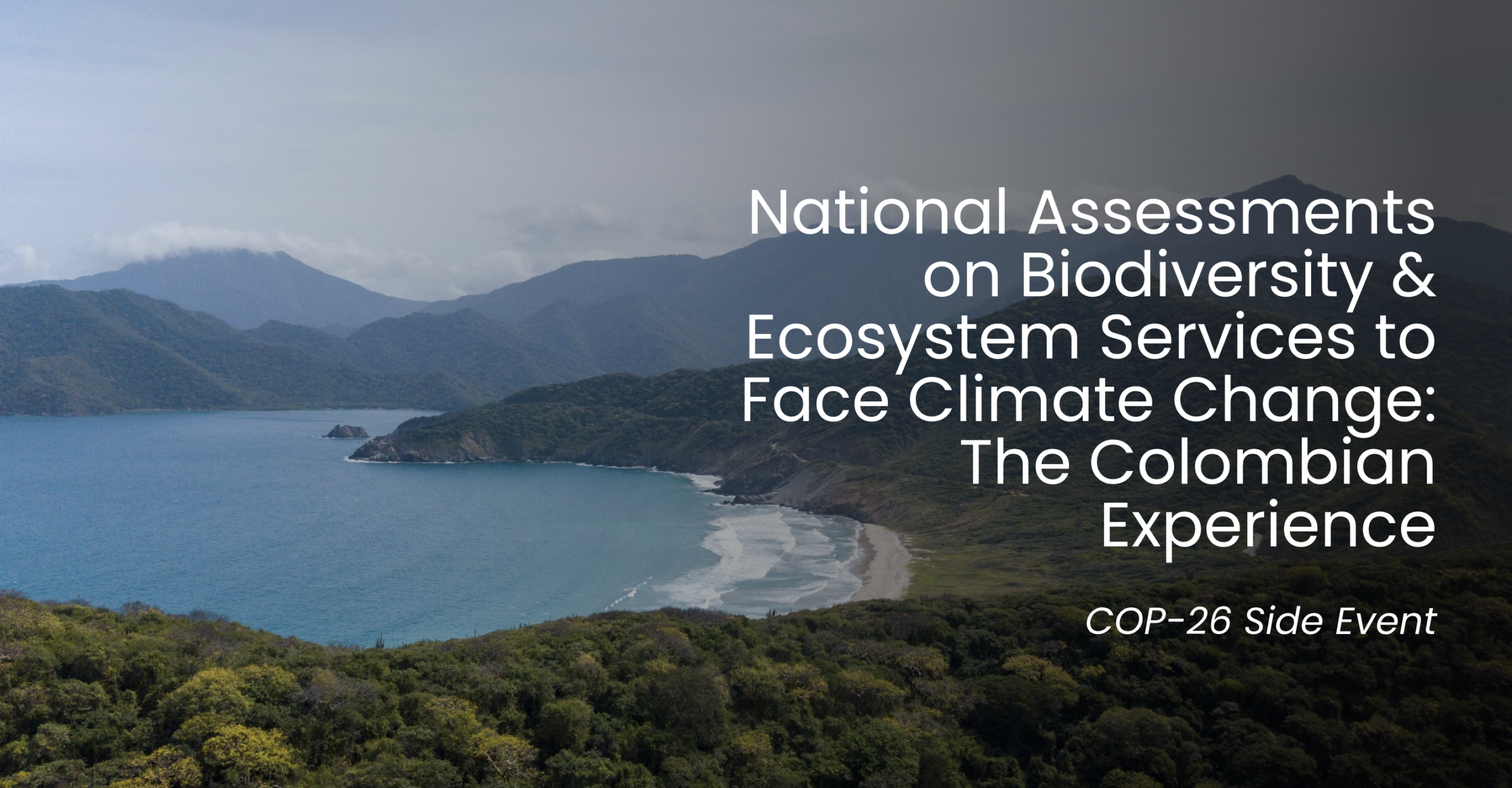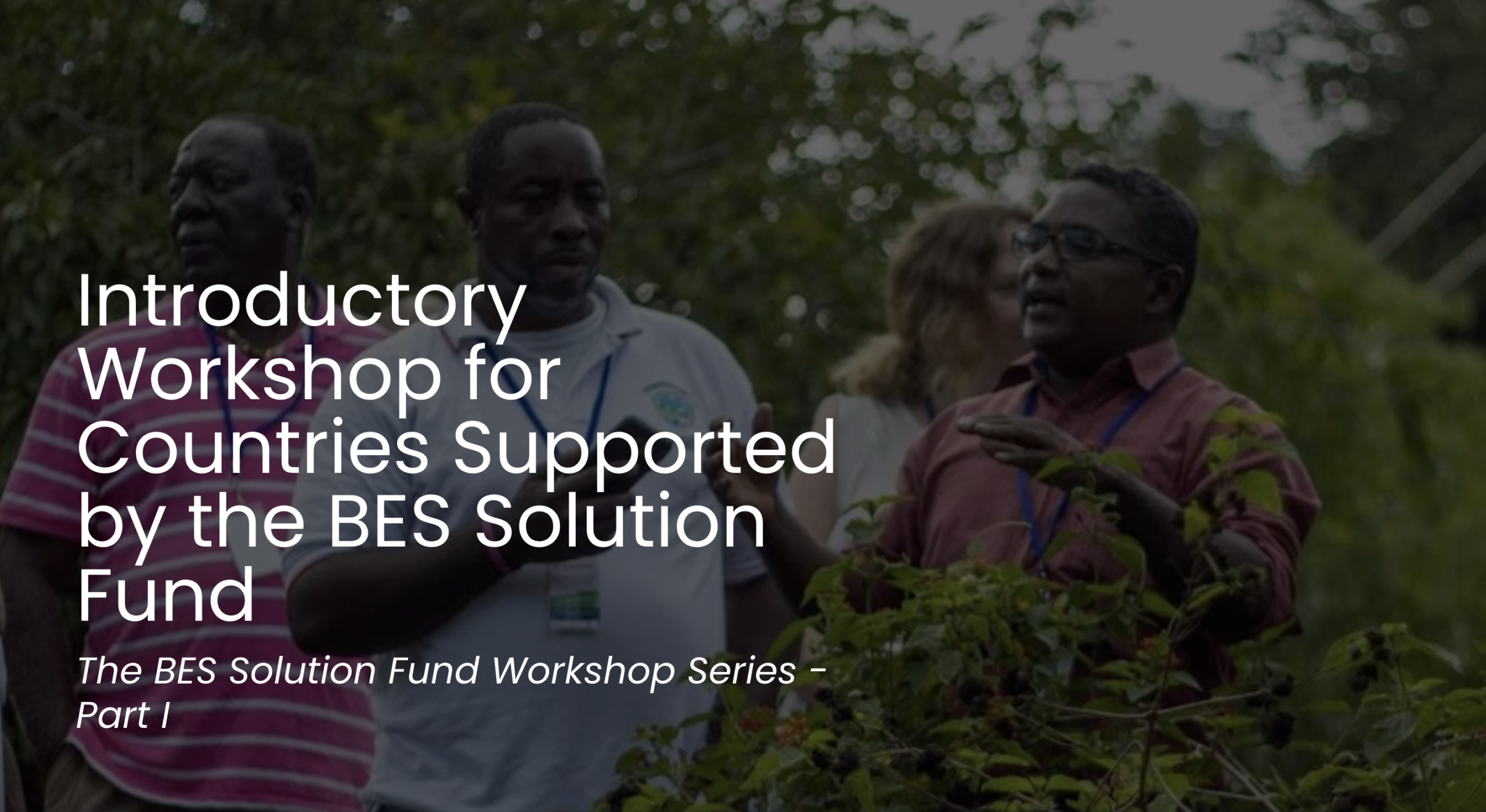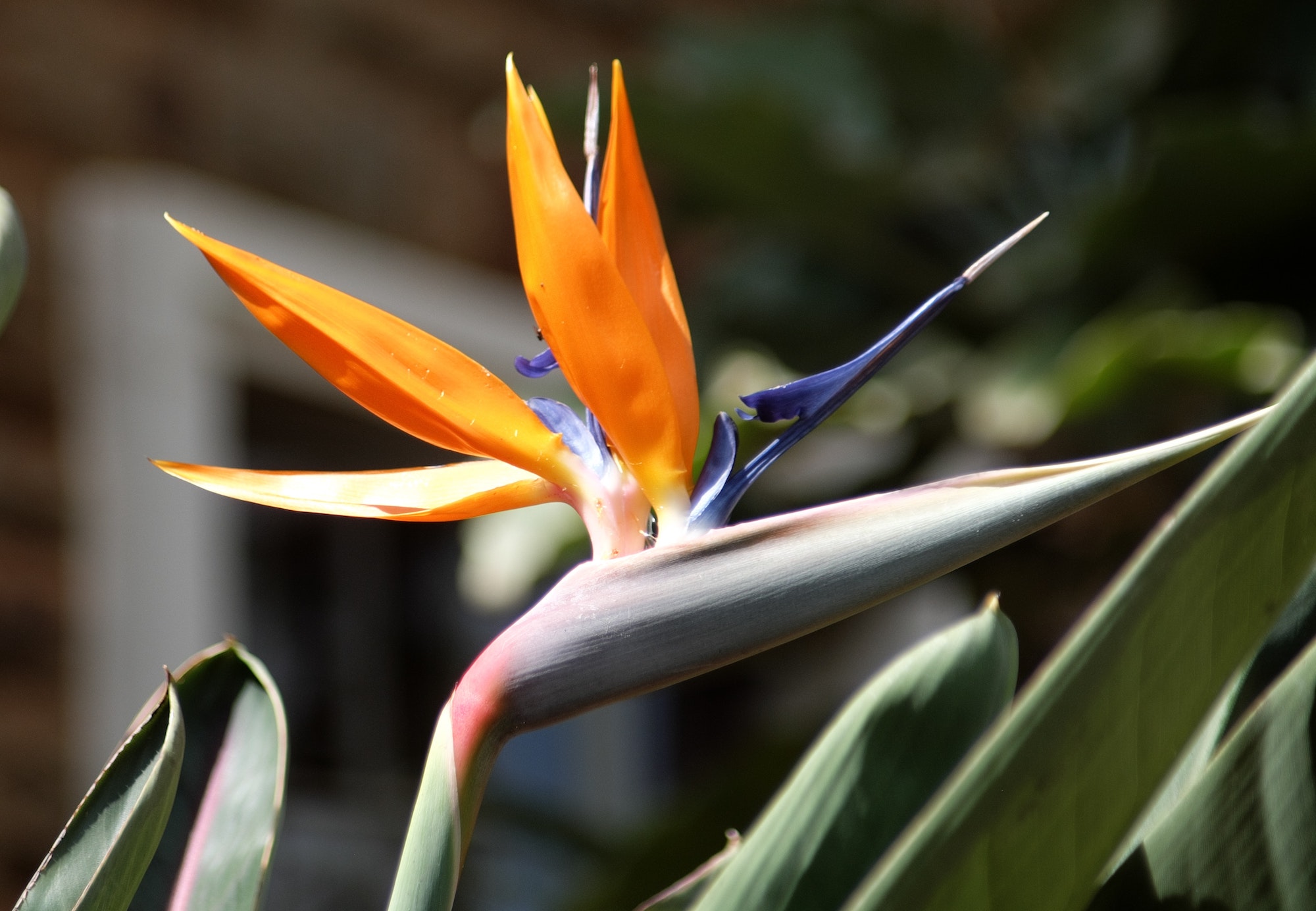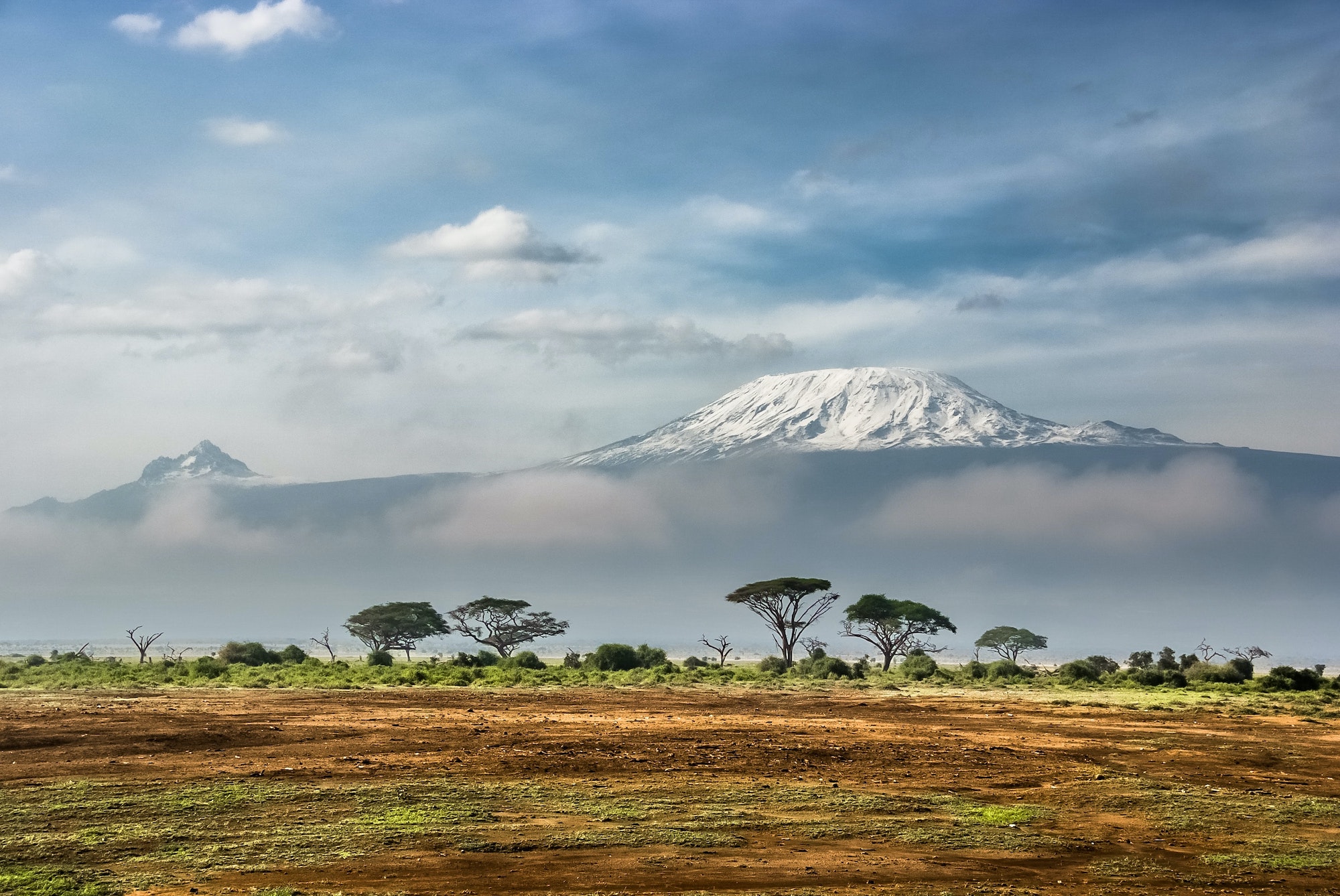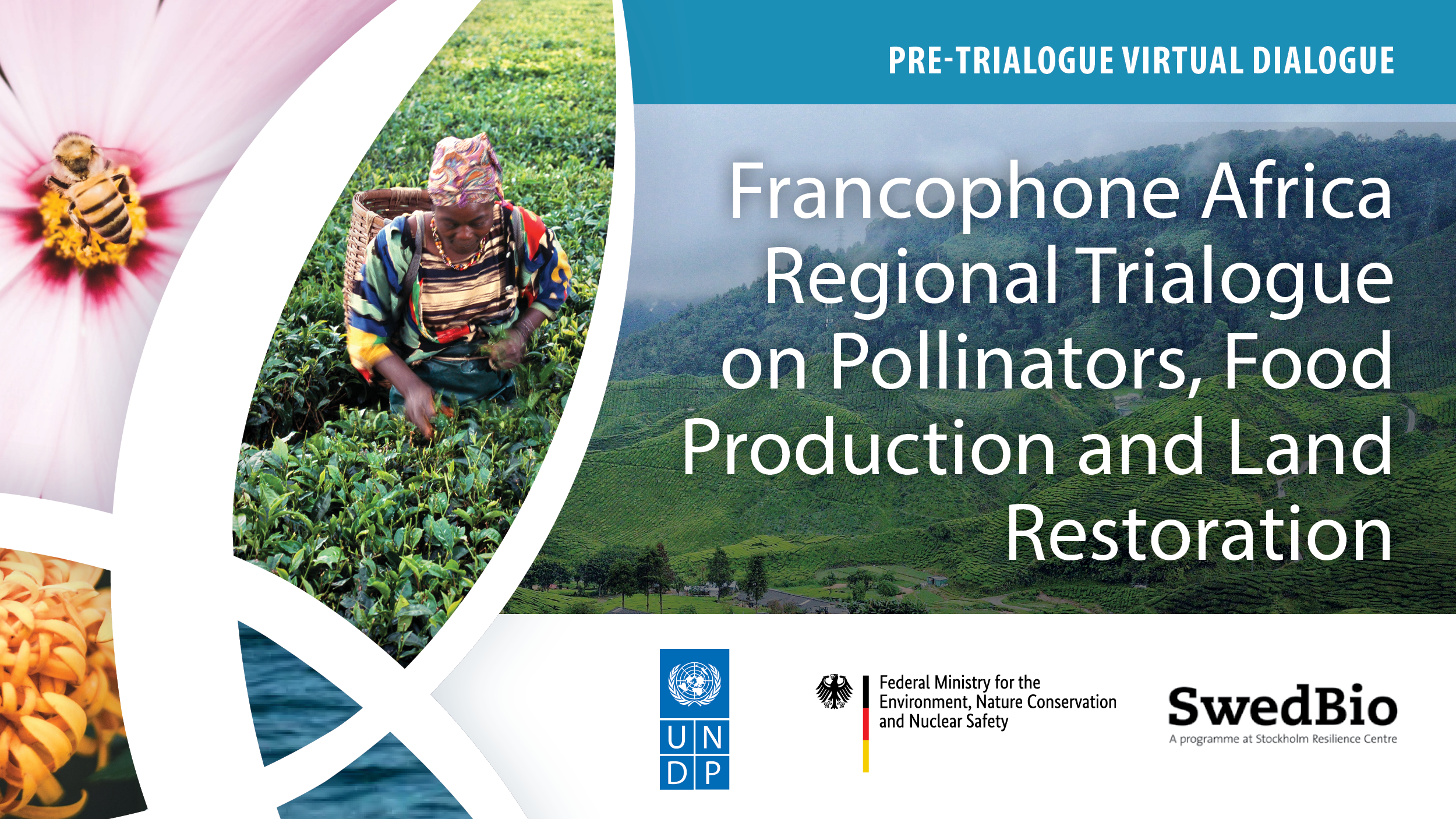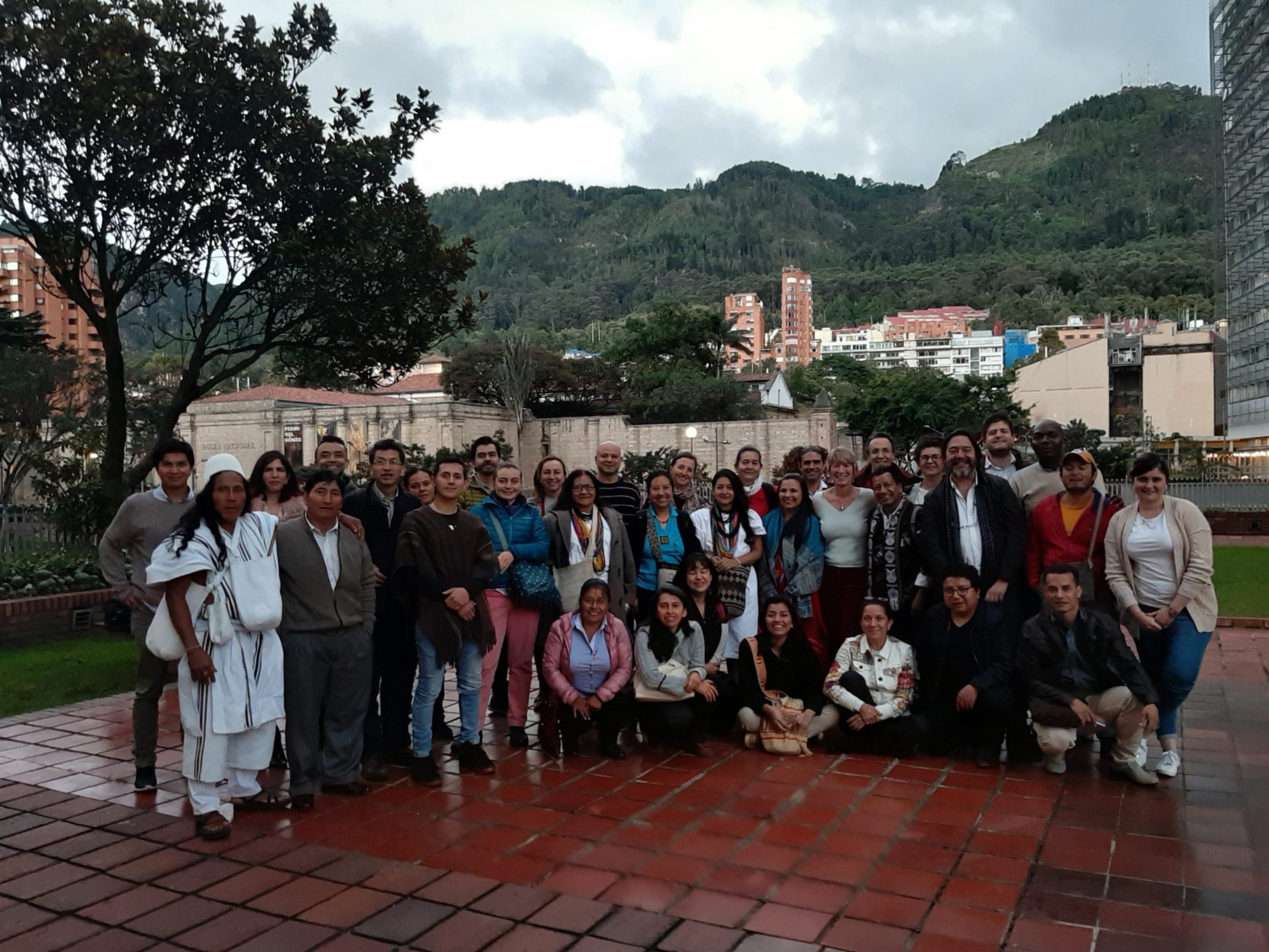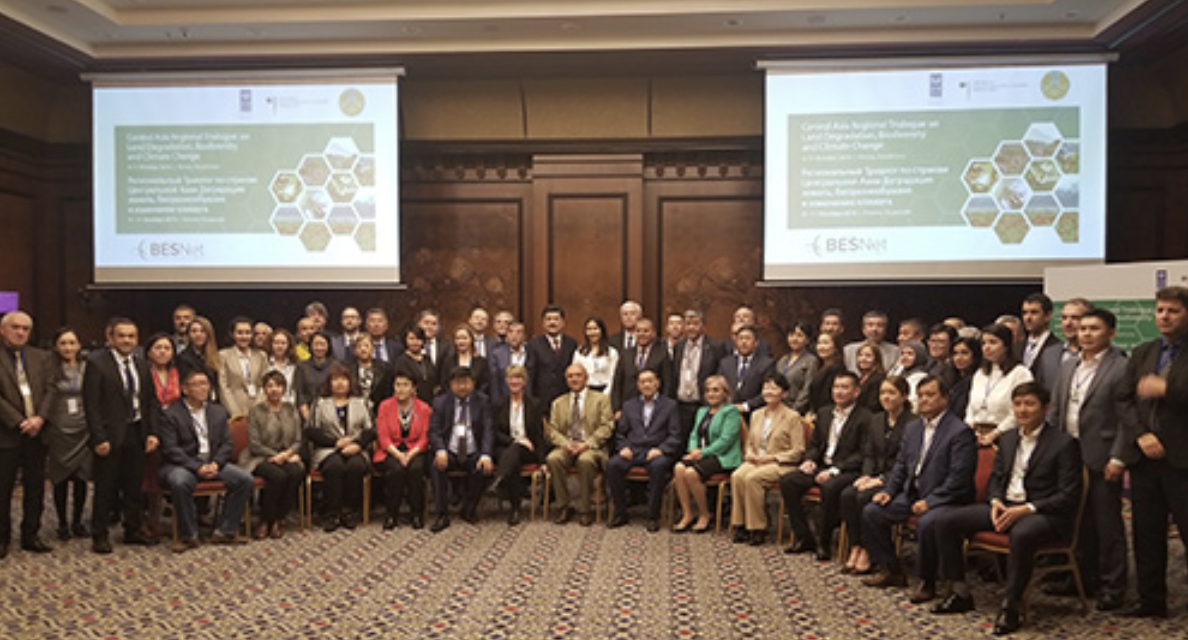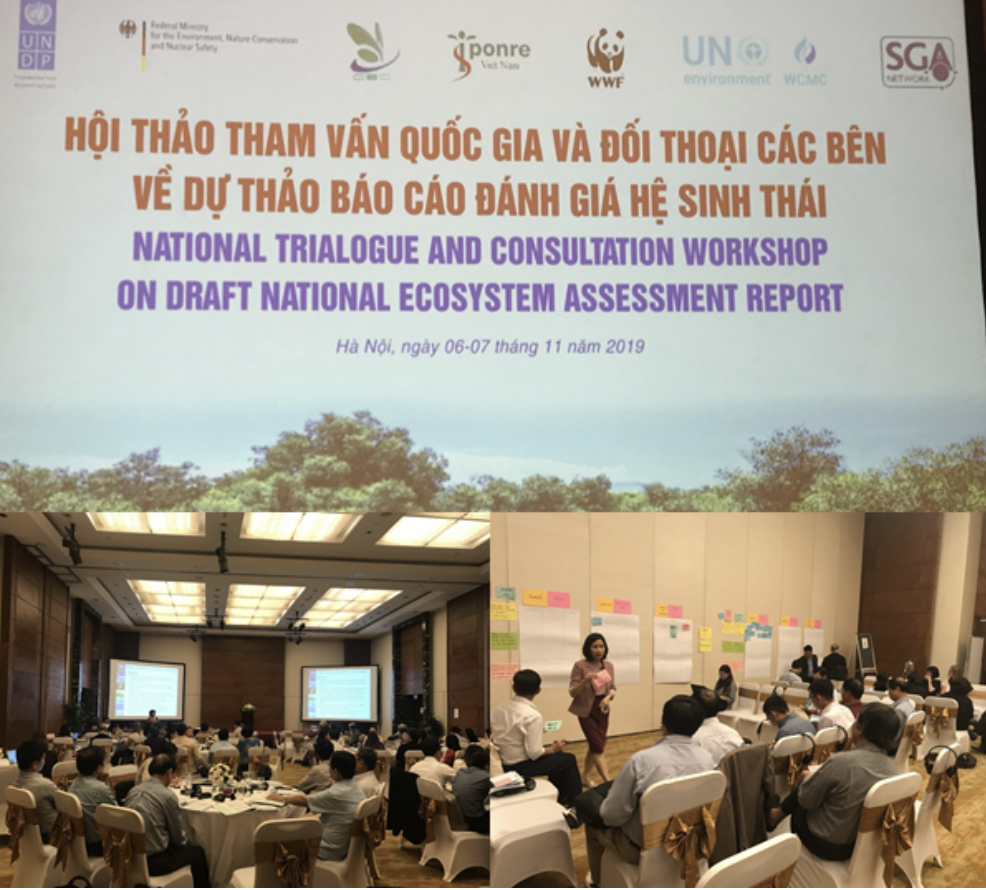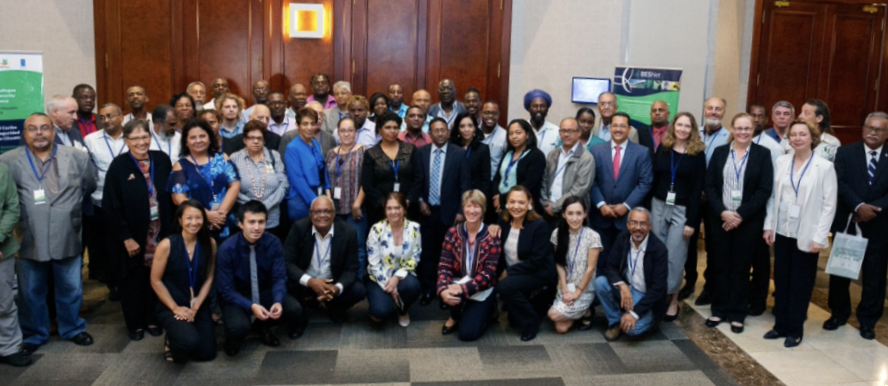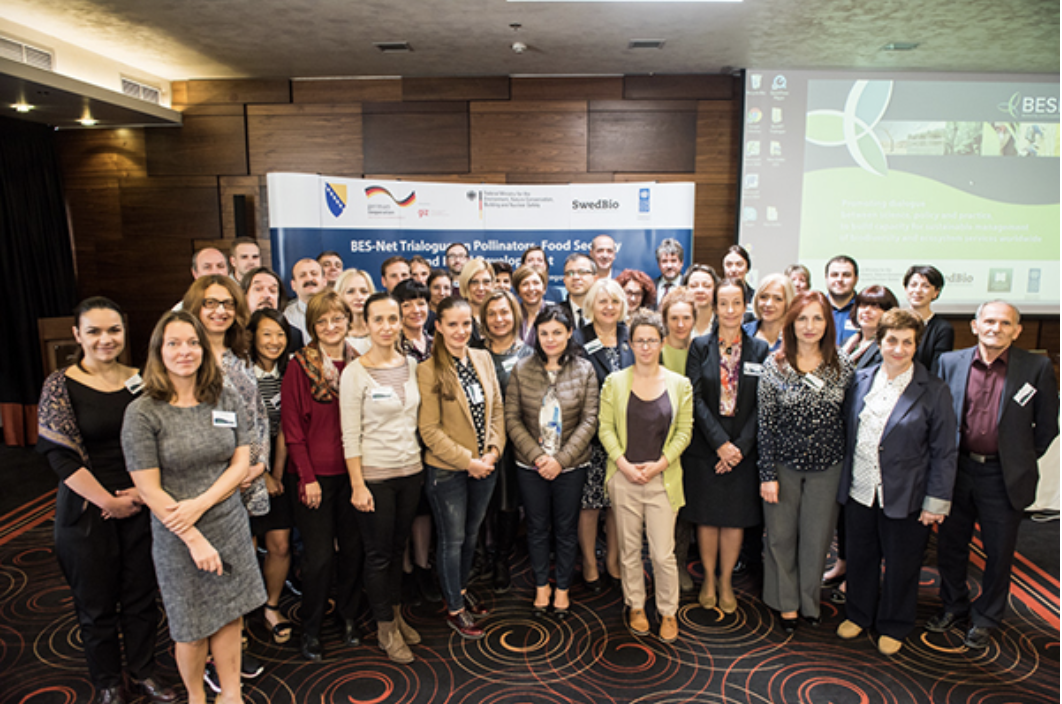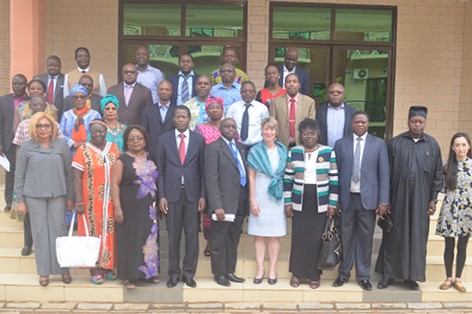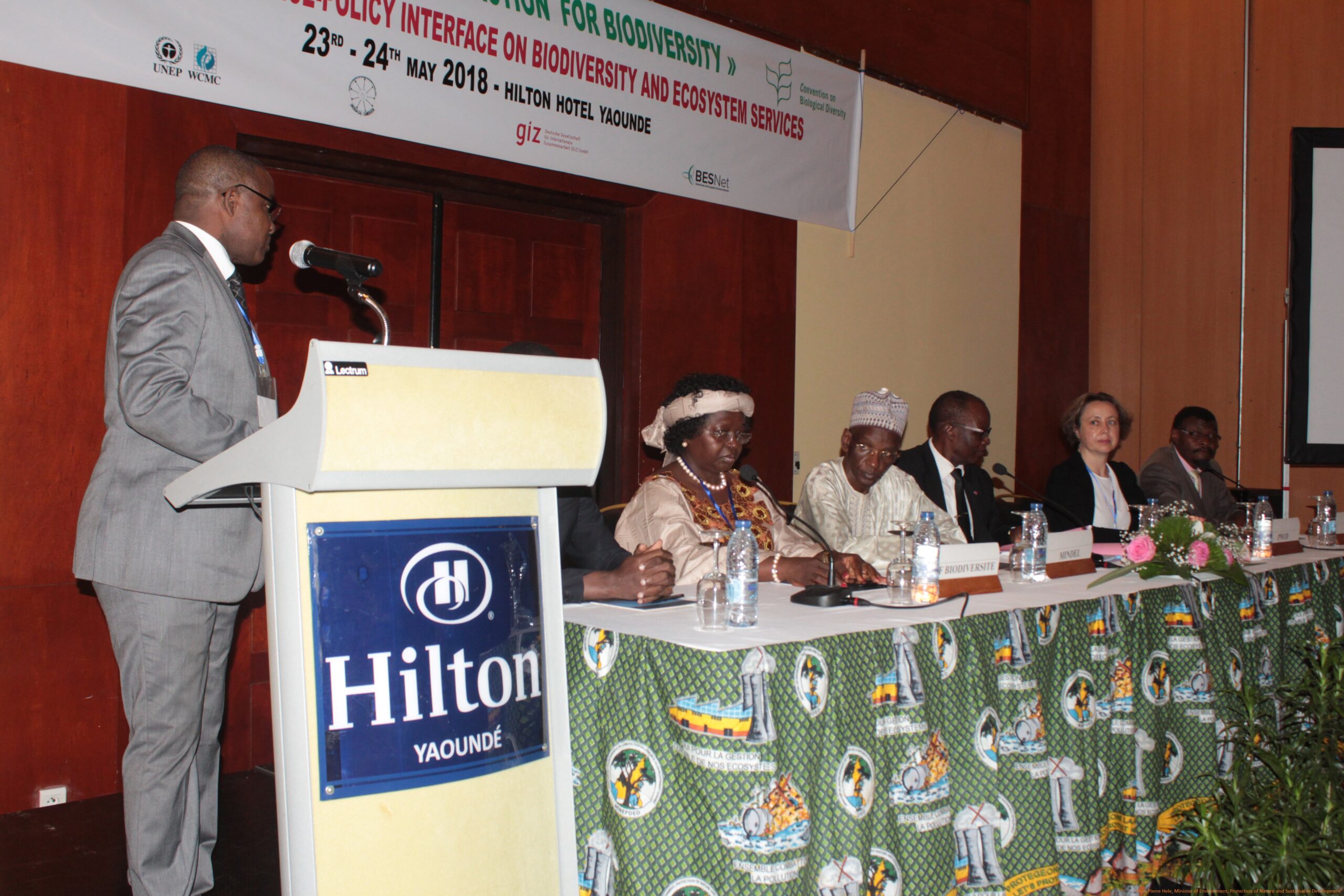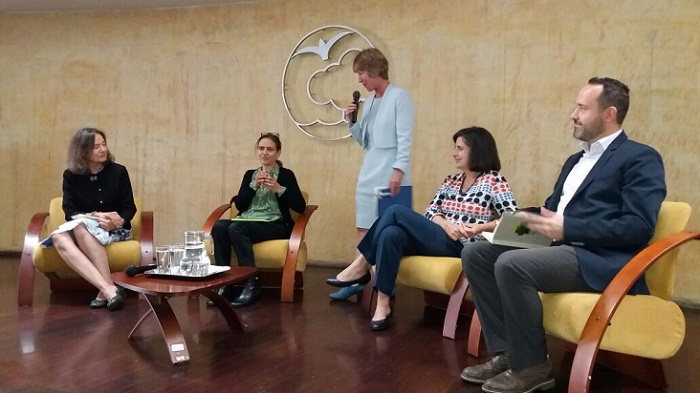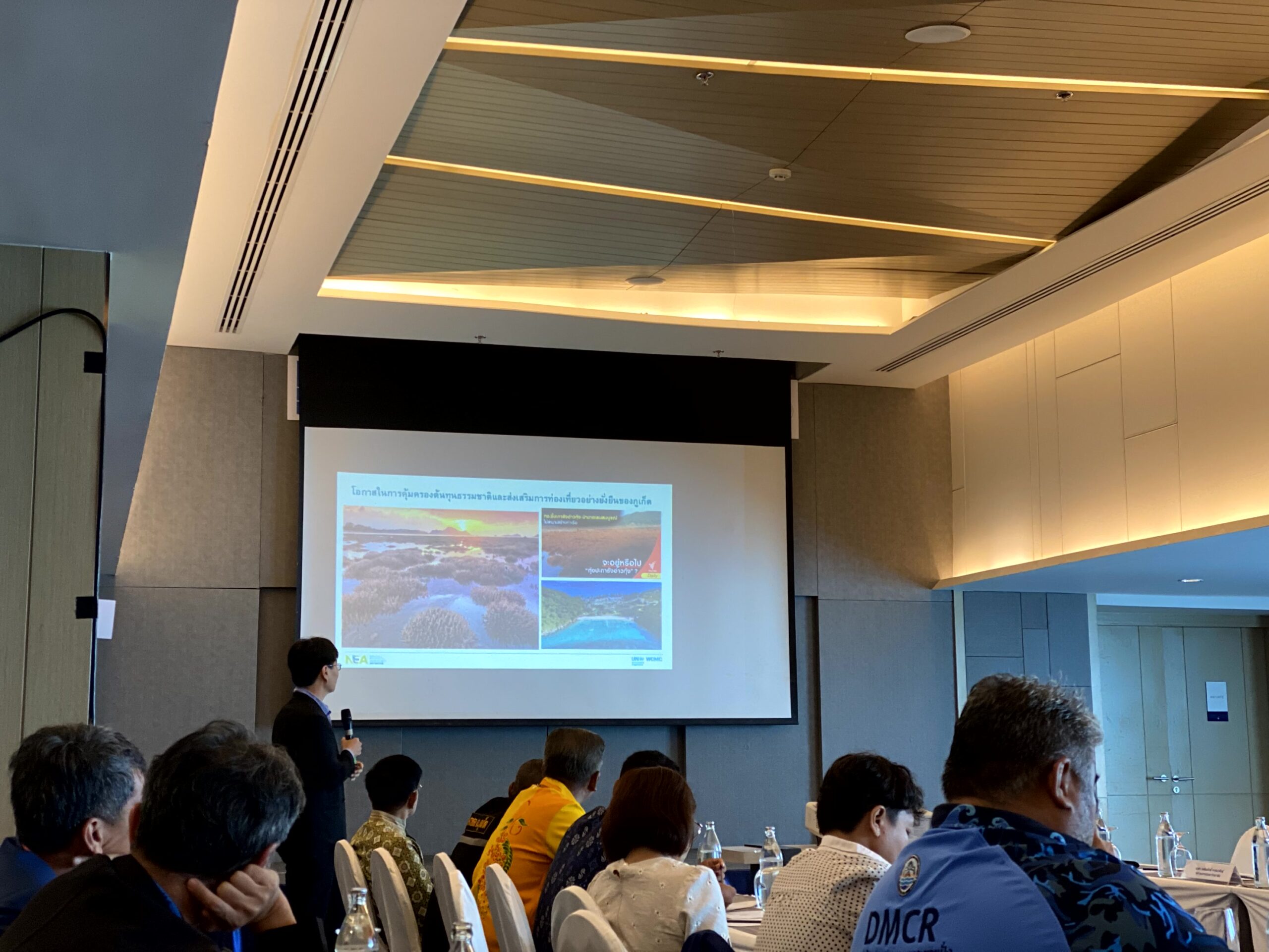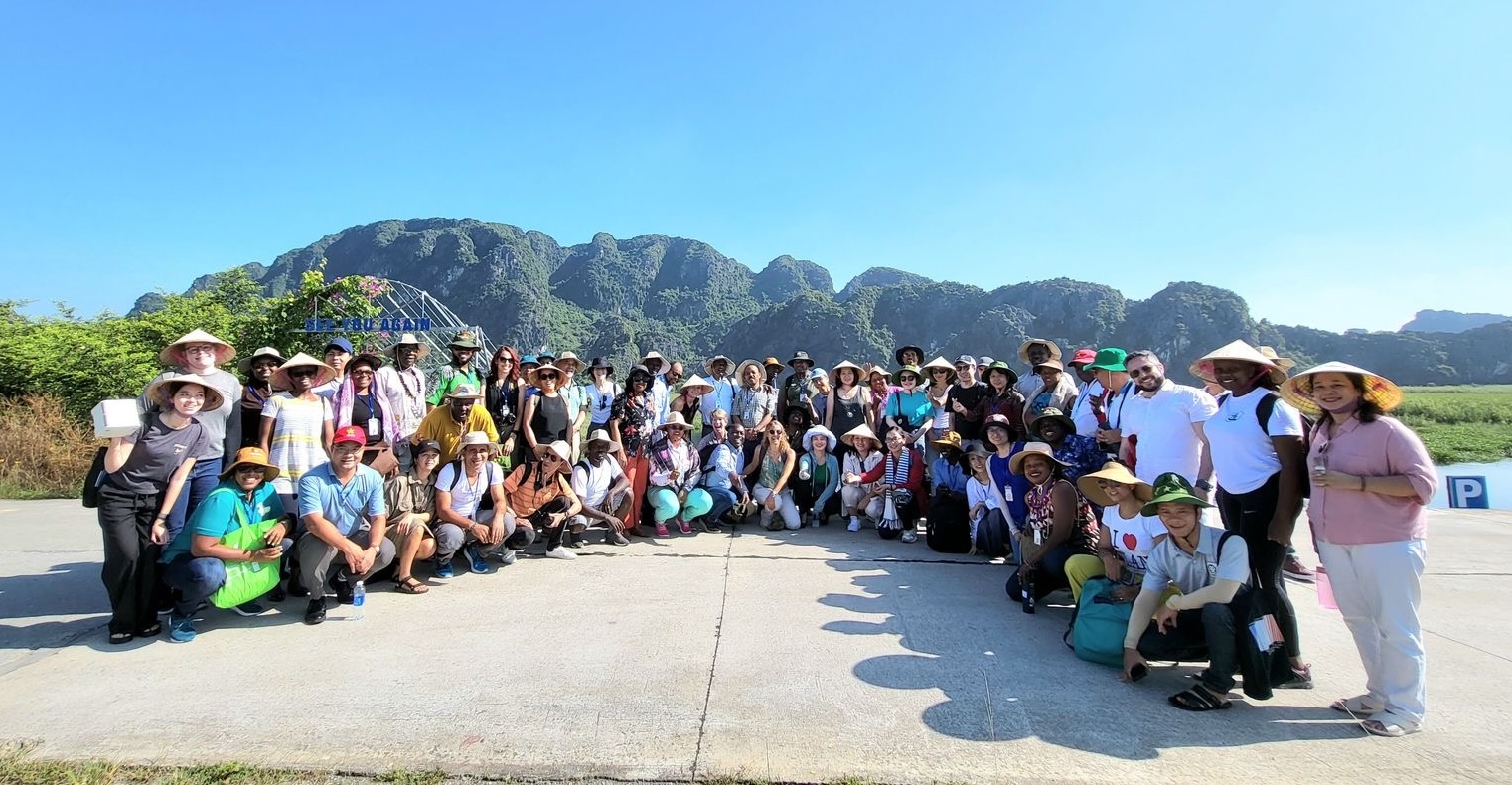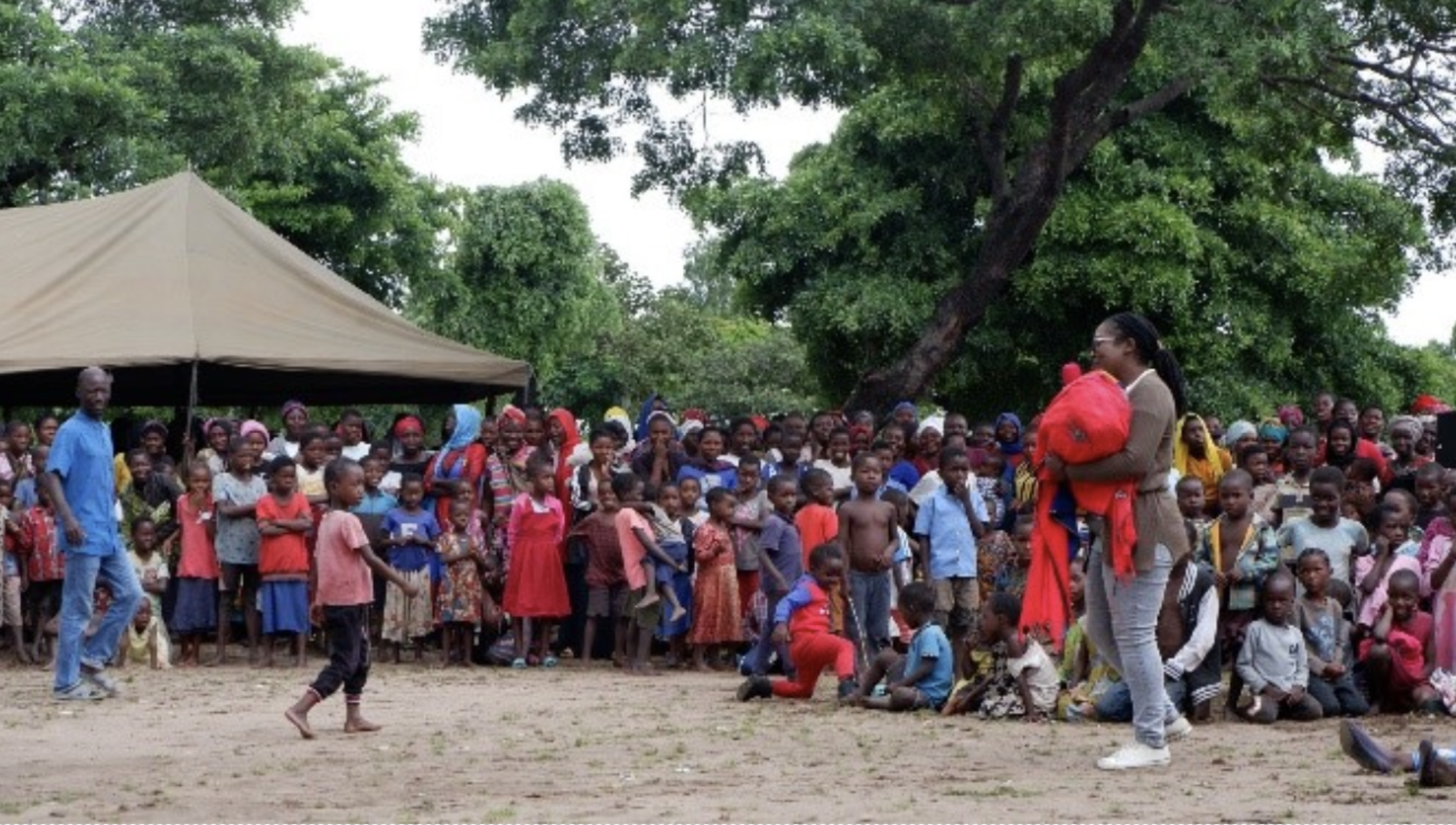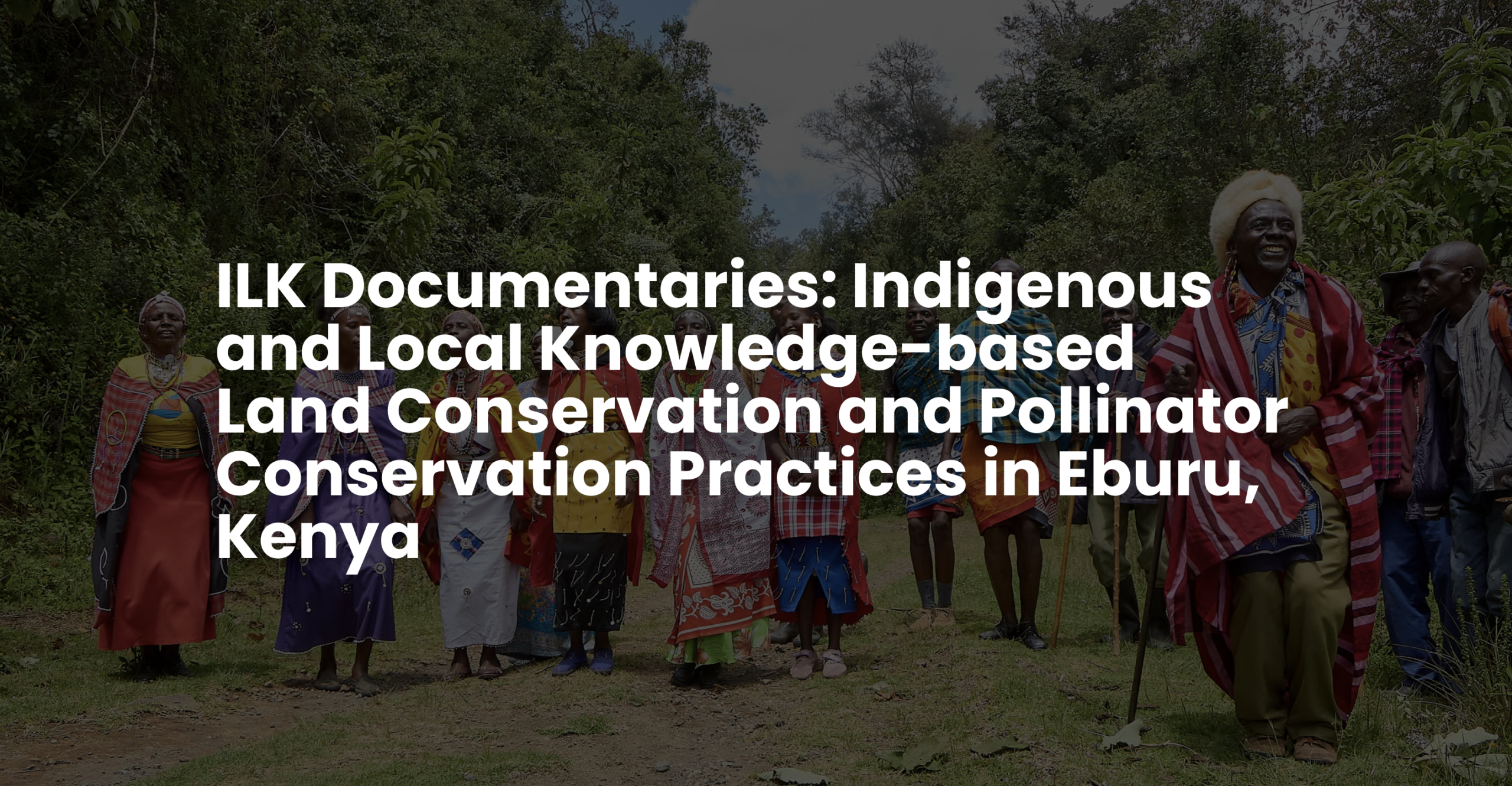Anglophone Africa Regional Trialogue 2019
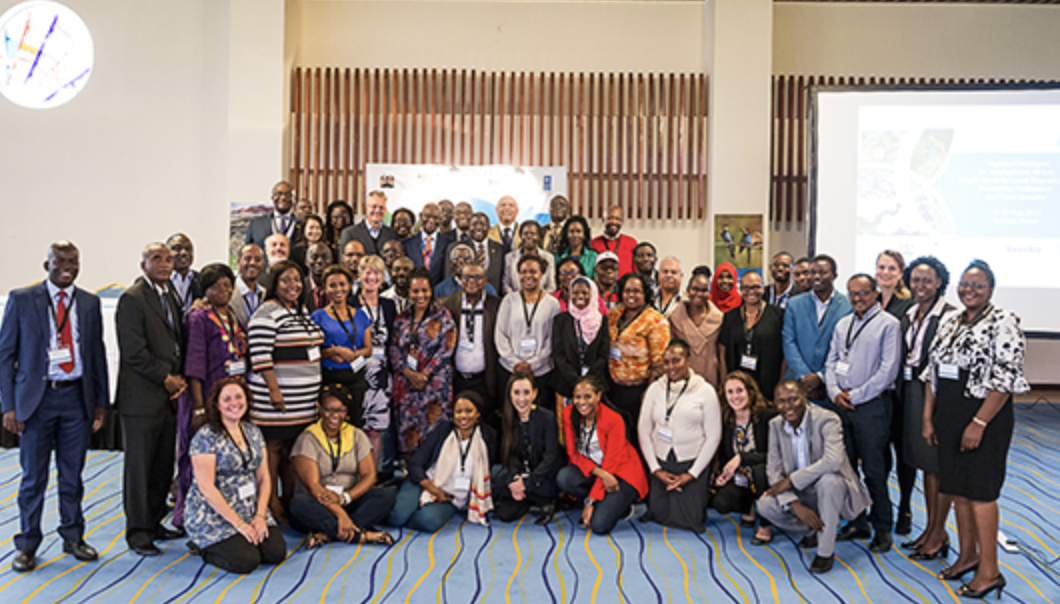
Land lies at the centre of political, social and economic development in Anglophone Africa as land-based activities are fundamental to human livelihoods and well-being. In line with the Sustainable Development Goal (SDG) Target 15.3, countries in the region have committed to combat desertification, restore degraded land and soil – including land affected by desertification, drought and floods – and strive to achieve a land-degradation-neutral world. In order to inform land use and management decision-making effectively at regional, national and local levels, it is of critical importance to articulate how biodiversity and associated ecosystem services (e.g. pollination, pest control and soil carbon) contribute to food security, climate change resilience and sustainable development.
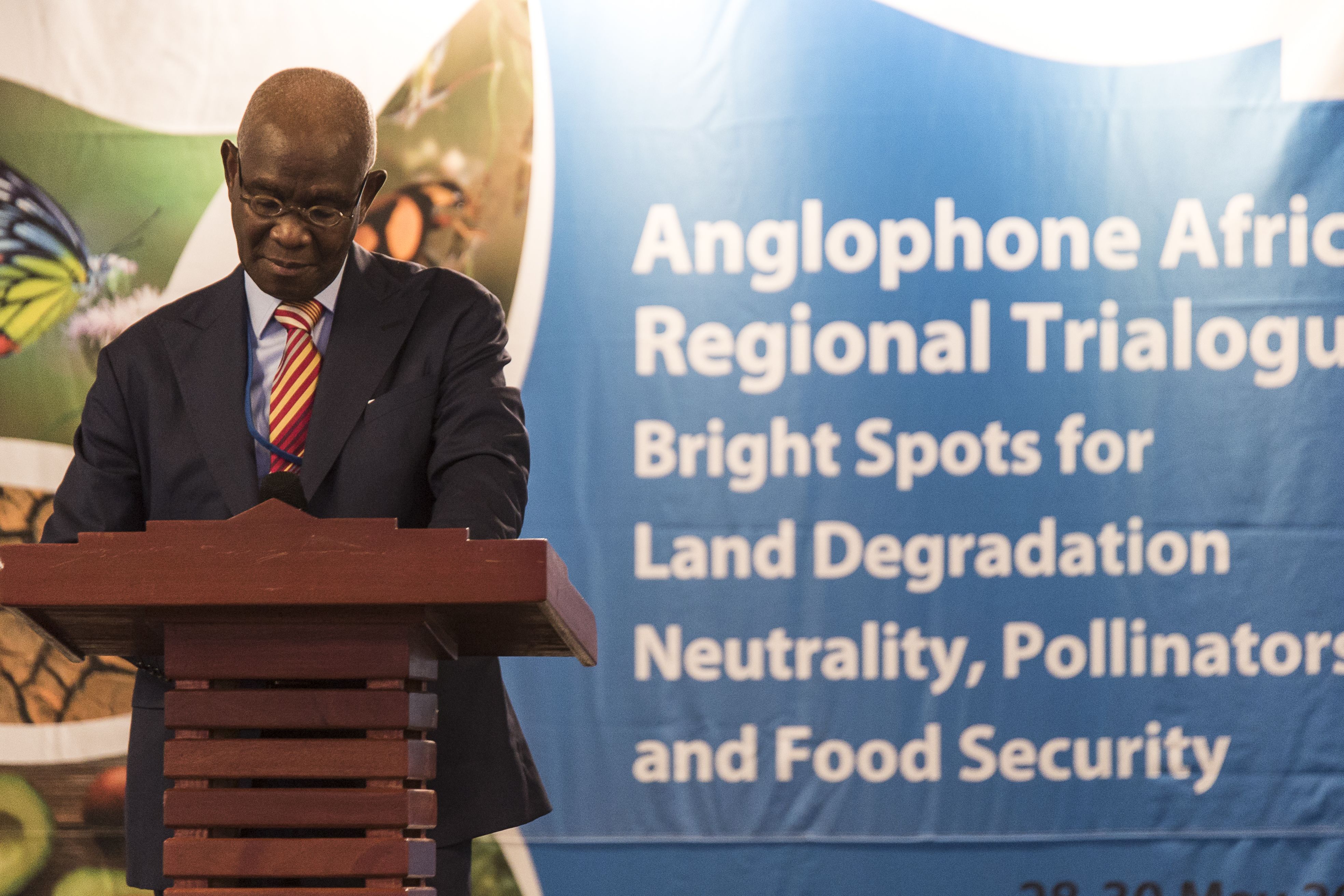
The Regional Trialogue for Anglophone Africa on “Bright Spots for Land Degradation Neutrality, Pollinators and Food Security” brought together academic scientists, policymakers and practitioners with Indigenous and local knowledge in the region to jointly review the key messages of the two interlinked thematic assessment reports produced by IPBES, namely:
Thematic Assessment Report on Land Degradation and Restoration
Thematic Assessment Report on Pollinators, Pollination and Food Production
and assess their relevance in the ongoing efforts to achieve Land Degradation Neutrality (LDN) and other land-related SDG targets.
The Trialogue also took into account the relevant findings and recommendations from the Regional Assessment Report on Biodiversity and Ecosystem Services for Africa.
The Anglophone Trialogue targeted six countries within the region that are members of IPBES and have established their LDN targets: Kenya and Ethiopia from East Africa; Malawi and Zambia from Southern Africa; and Ghana and Nigeria from West Africa. The three-day event was hosted by the Ministry of Environment and Forestry in Kenya. It was held in collaboration with IPBES, the United Nations Convention to Combat Desertification (UNCCD) and the Coalition of the Willing on Pollinators and with the financial support of the German Ministry for the Environment, Nature Conservation and Nuclear Safety and SwedBio at the Stockholm Resilience Centre. The Trialogue brought together the three communities of government policymakers, academic scientists and practitioners – including some with Indigenous and local knowledge – working in agriculture, environment, health, climate and related fields. Participants jointly explored the opportunity for “bright spots” of practical measures that harness biodiversity and ecosystem services in ways that simultaneously contribute to the achievement of the SDGs on food security and LDN, the post-2020 global biodiversity framework and Africa 2063.
Image captions
